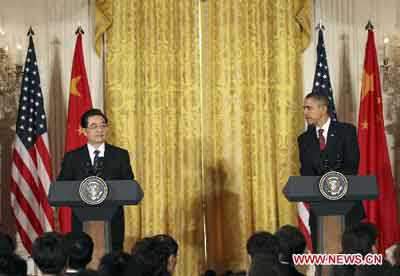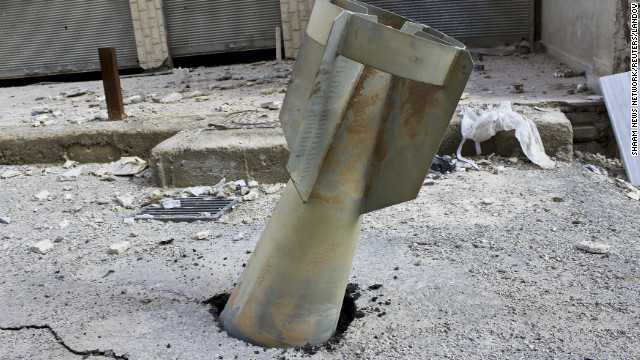by Kutluk Ozguven
29 January 2011
The rules of the game have been simple: Police trumps protesters. Masses trump police. Army trumps masses. If the army stands back, you have a revolution (Iran 1979, Romania 1989, Tunisia 2011), if not, then bloodshed (Hungary 1956, China 1989, Algeria 1992). I don’t recall any popular uprising successful over a fully functioning armed force determined to go all the way. That is why armed forces are always considered as backbones of corrupt dictatorships.
This weekend we shall see if the Egyptian armed forces, which the latest Wikileaks leak as US believes it to be unhappy, at least in the mid-ranking officers, but probably higher, will open fire to stop the masses or the masses will blink, or it will give way to the people. Egyptian army is a conscript army and there is no part of the Egyptian society that may be counted on apart from the westernised elites, whose children do not operate tanks during military service. The news is that the Egyptian army are already mobilised into urban areas and taken control of strategic points.
Egyptians I came to know during a series of visits for international projects were a very kind people, members of a polite and civilised nation, well known among the other Arabs with their humour and taking things lightly. This nation of gentle farmers has been easy to manage by foreign soldiers (the Hyksos, Ptolemeans, the Mamluke, Ali Pasha troops) or domestic warlords, perhaps exact opposite of Chechens or Afghans. They are patient, soft-spoken, happy in the face of any event, and cultured. In short, any megalomaniac tyrant’s dream population.
They have gone through a westernisation process predating Turkey, and a secularisation process of 50 years under socialist dictatorship. Save occasional and sensational terror incidents, there is no history of popular uprising or even any active political formation, except for the elitist Muslim Brotherhood, structured in 30s as a Muslim answer to Freemasonry, who wouldn’t even entertain the idea of going on the streets with sweaty youngsters. Americans and Israelis are all over the country, to the degree that five star Cairo hotels put on Hebrew-language TV channels for their guests from their northeastern neighbours. It has highest number of Internet access in the region with 20 million users and more advanced in some software technologies than, say, Turkey.
Therefore, one wouldn’t expect a popular uprising overthrowing one of the most entrenched dictators of the world. Most well-informed experts, political commentators or social analysts certainly did not expect that the events would have gone out of control to this degree where it is becoming more and more unlikely that Mubarak will survive. When he unplugged the Internet less than a day ago, I recalled another ridiculous caricature, Alan Rickman’s Sheriff of Nottingham cancelling Christmas. He could have blocked social networks and slowed down the e-mail, but that would be too sophisticated to epitomise this wily little people who see it their birth right to enslave tens of millions of human beings. Which explains the situation better than any verbose expertise: it is the tyranny of stupid, primitive, incompetent minds over masses much more sophisticated and much deeper than them.
When one sees all these Middle Eastern or Central Asian rulers and their small social segments whom they depend upon to man their security forces or financial institutions, one cannot help but be only deaf to any economic analysis. Despotism is always a disaster for economy because meritocracy is not allowed and accountability does not exist. The small clique of rulers milks the real productive people and eventually kills their productivity long before they would expire naturally. This leaves society weak and inefficient. If we add to the two factors the global financial system, which get the lion’s share of the bounty and only leaving crumbs to the visible rulers, it is obvious that the dictatorship is not a long term stable solution. Either the nation is annihilated from within or without, or it throws its rider. The last military period in Turkey, 1997-2002, is a good accelerated example to despotic cronyism, when the rampant economy of 1997 was brought to bankruptcy in four winters. Imagine that being practiced 30 years or 50 years.
It is true that the 2011 Domino events stem from people wanting to get rid of the despotic cronyism, with them seeing that it is no more to mind one’s own business anymore as there is no business being left. And this is why analysts keep calling them secular uprisings, emphasizing the difference between Iran, Algeria, Hama or others. But this distinction comes out of their own mental compartmentalisation rather than the field. There is no separation between three elements that are in force here: people’s dignity, economic development and return to Islam. In the middle-east, or any once-have-been Islamic nation, the three are inseparable.
Economic development is impossible without a level playing field and risk taking, bold, free, entrepreneurial players and accountable refereeing. That is impossible without popular social consent and social contract without privileged classes, aristocracies and caste systems. Perhaps in Hindu society, or in Confucian society. But not where Islam had been the source of social order with its egalitarian principles, holistic justice concept and personal freedoms. Once the verses of the Quran are practiced at some point by any society, it can never have another long-term working social system. That is why in any free election in the Middle East at any given time, Muslim-leaning parties have always won without exceptions. Therefore however secular the protests might have been, if there will be political freedom, reversal of de-Islamisation will be part of it.
This is why many in the Middle East look towards the Turkish experiment. Without oil and natural sources, and to confess, with little ingenuity, by simply doing things as they should be done, Turkey turned from the military-dominated status to a richer, functional democracy managed by Muslims.
The Tunisians, Jordanians, Algerians, Yemenis and Egyptians want this, no more. The talk of Turkey without oil is doing well with a free society, with secularised and religious people coexisting under a religious president, with none of the pretentious extravaganza is the greatest fairy tale to Arab ears. A fantastic dream which had been once ruled out as absurd. They just want the same. But when they get it, as they will, another fairy tale that was once ruled as absurd, will inevitably roll on: the cooperation and eventual unity of these independent states.
If the troops on the Tahrir Square open fire, the process will only be delayed. But not stopped.







